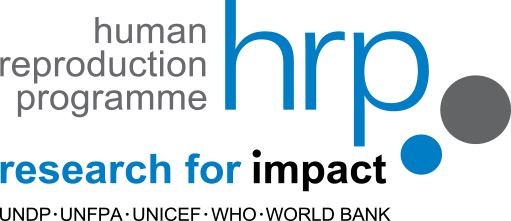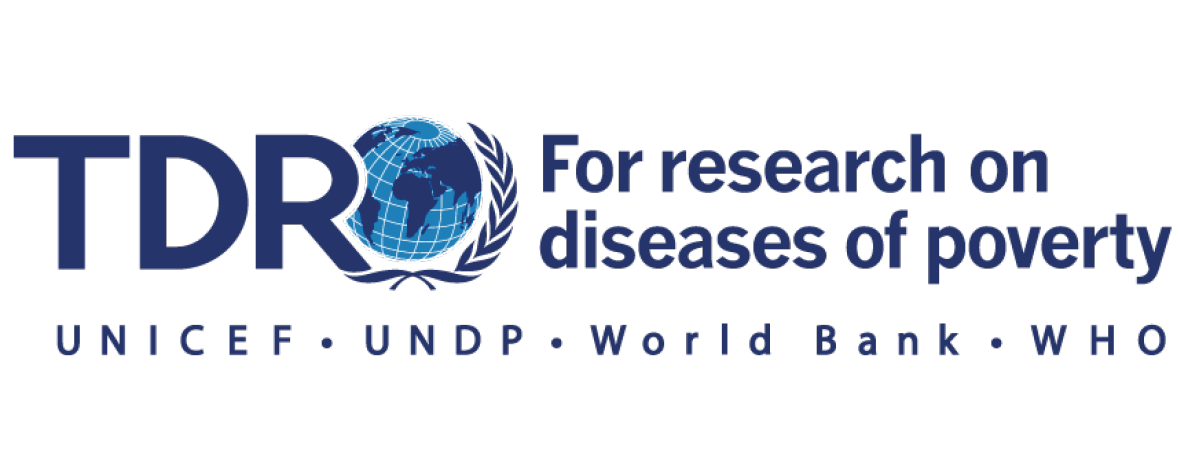

Integration of sex and gender considerations into health research is critical to achieving gender equality and health equity. This resource hub is a curated repository of resources to strengthen researchers’ capacity to consider sex, gender, and their intersections with other axes of inequality and discrimination throughout the research cascade, from conception to design, data collection, analysis, interpretation and reporting.
The two WHO-hosted special programmes for research – the UNDP/UNFPA/UNICEF/WHO/World Bank Special Programme of Research, Development and Research Training in Human Reproduction (HRP) and the UNICEF/UNDP/World Bank/WHO Special Programme for Research and Training in Tropical Diseases (TDR) – have identified an initial set of existing relevant, accessible and comprehensive resources that are immediately available to all researchers. In the longer term, the aim is to continue to expand the inventory by crowdsourcing relevant tools through this portal.
This inventory includes toolkits, guides, research articles, training and audio-visual materials that are readily available in English, French, Portuguese and Spanish.
The resources are categorized by type of resource, intended audience, topics covered and creators/developers.



